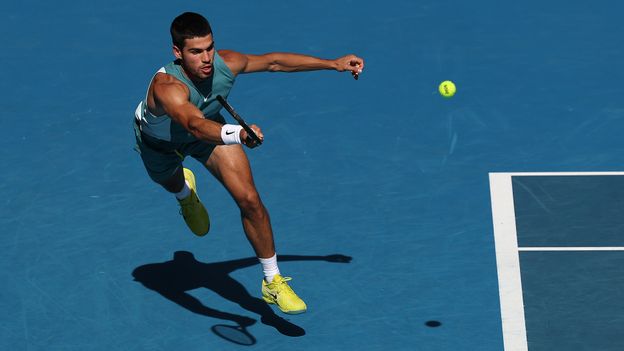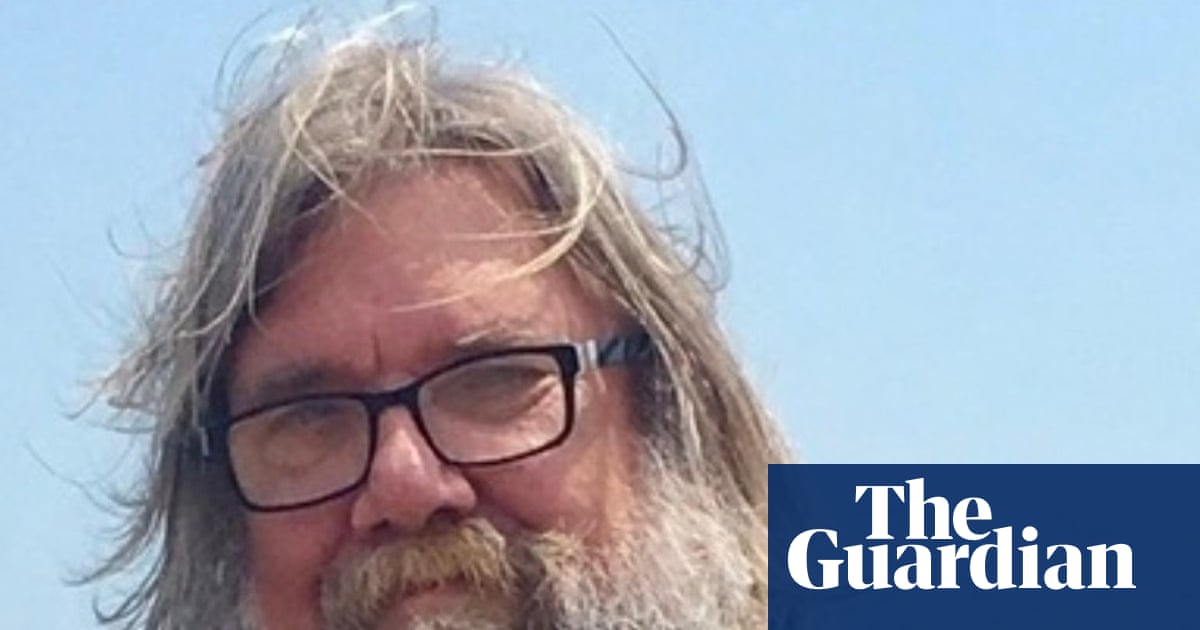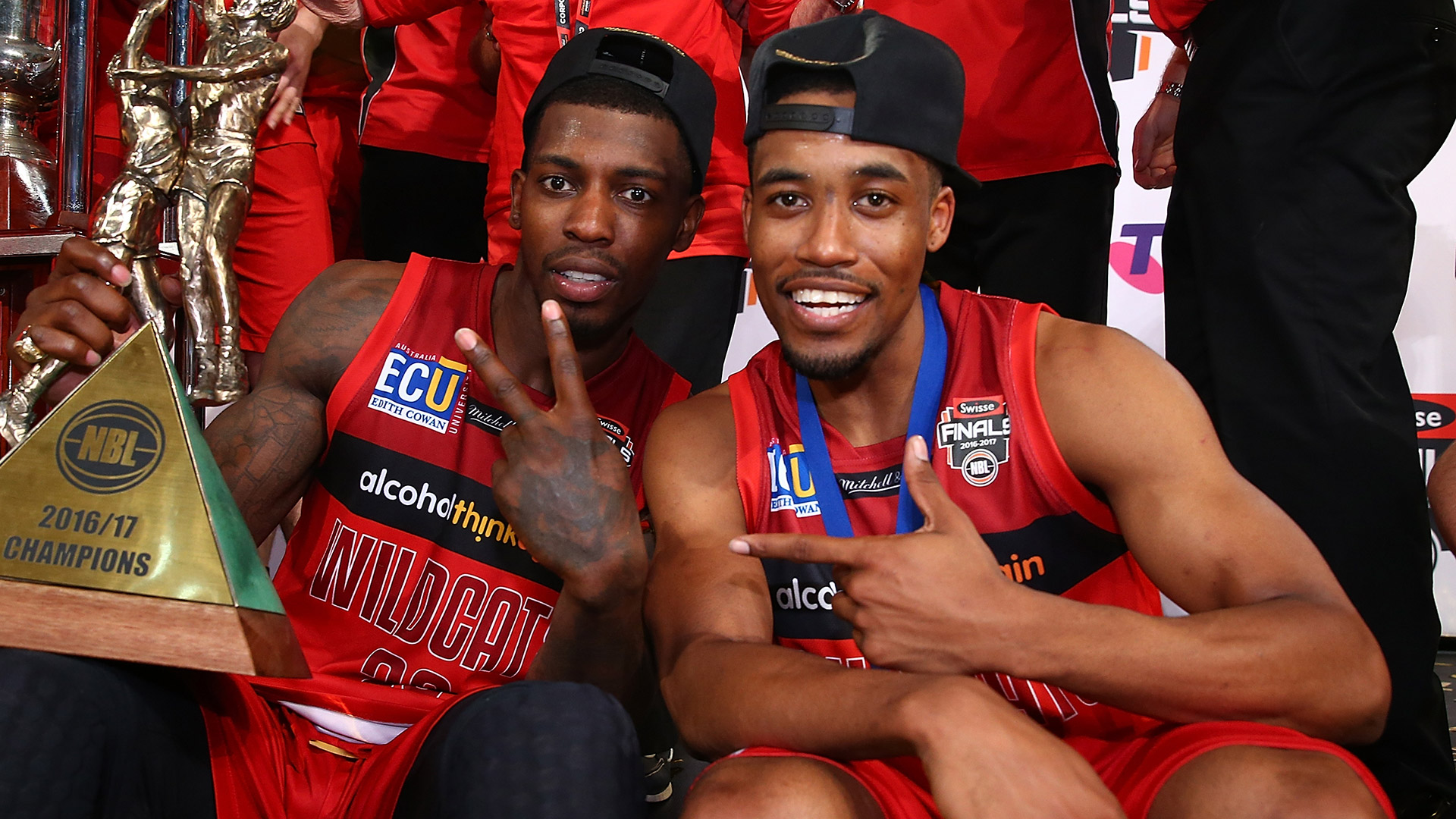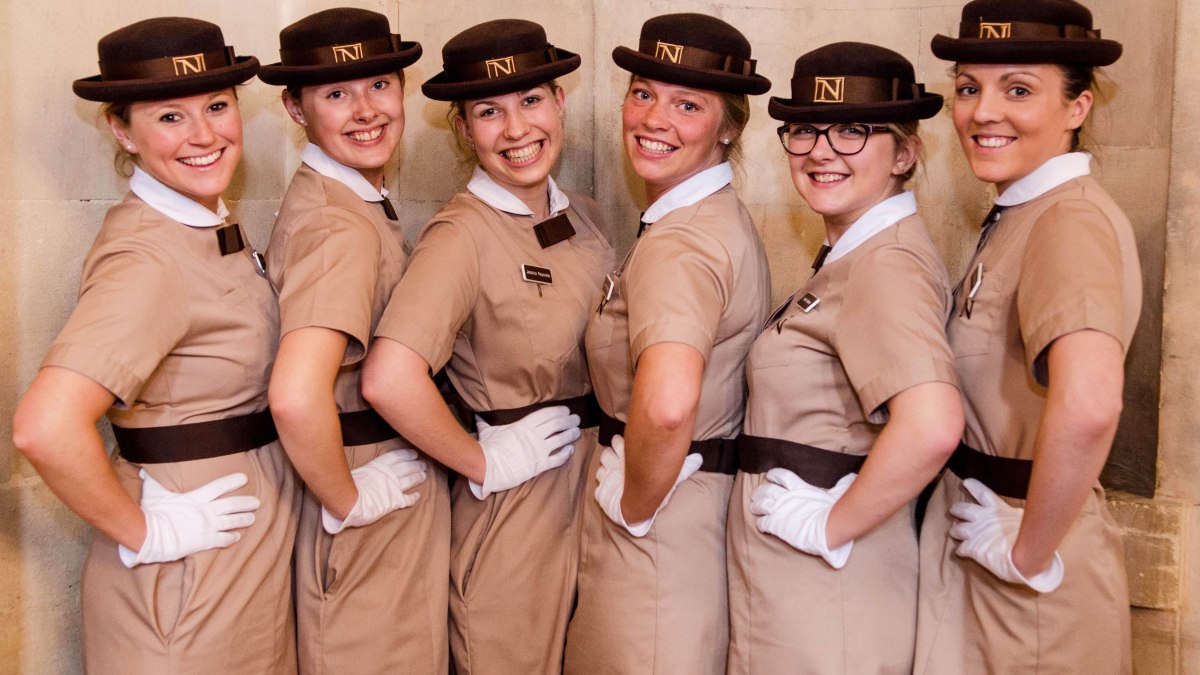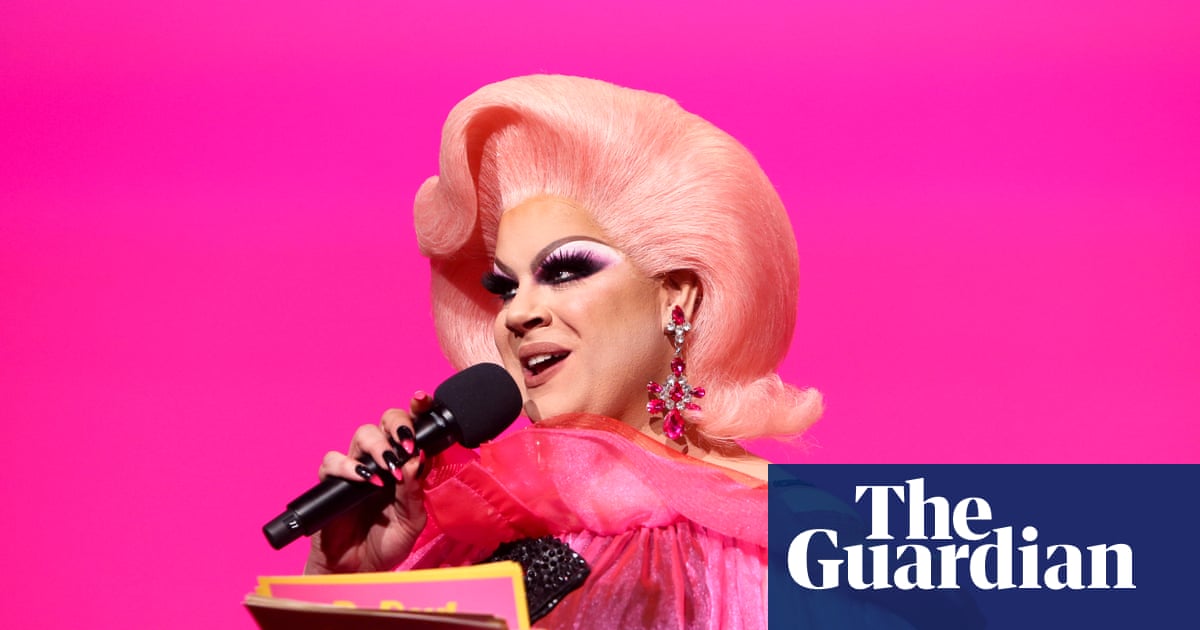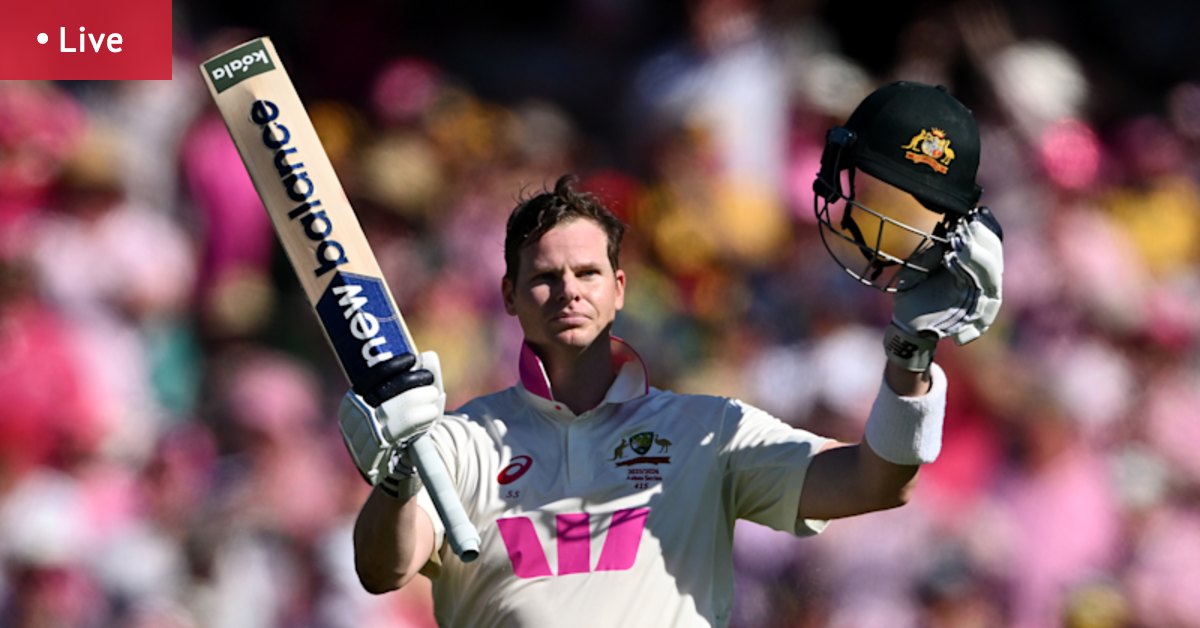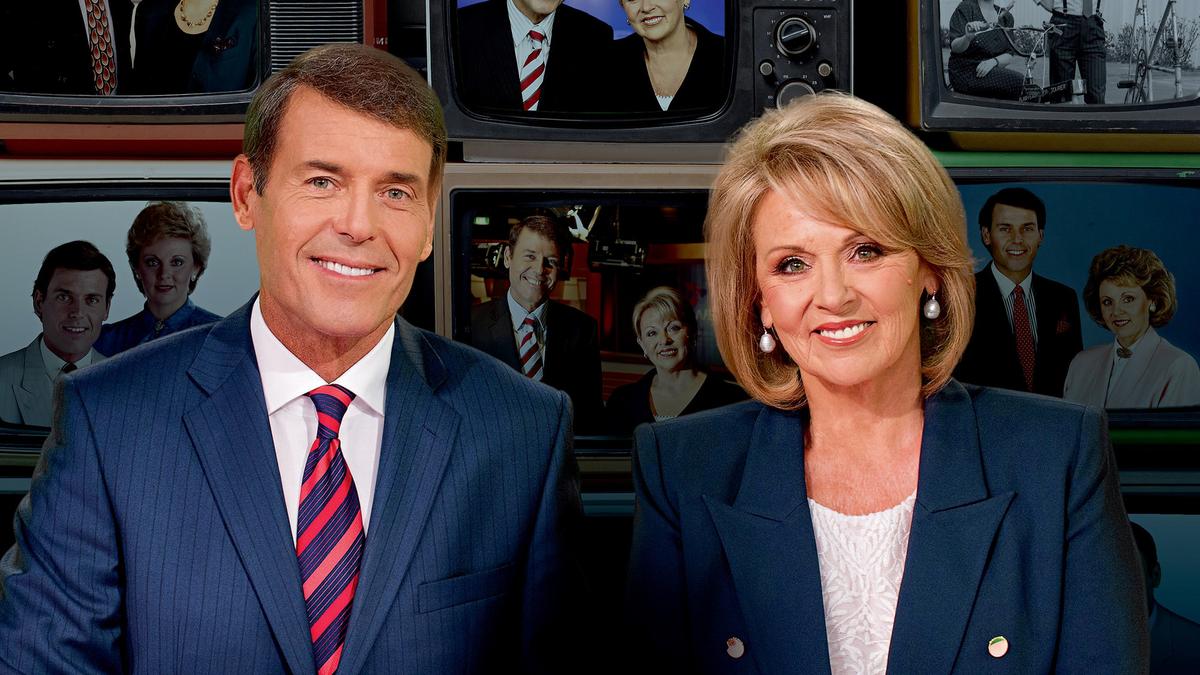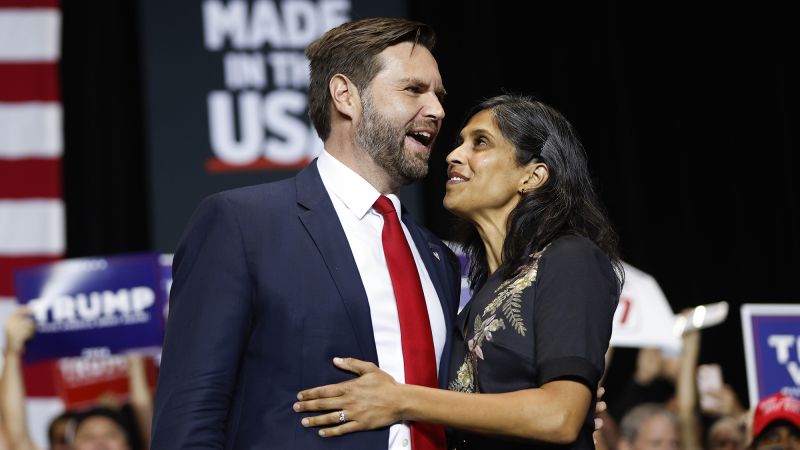
When JD Vance expressed his hope that his wife might one day embrace Christianity, he inadvertently ignited a heated discussion on religious freedom and interfaith dynamics, particularly resonating with the Indian diaspora. Speaking at a Turning Point USA event at the University of Mississippi last month, Vance addressed an audience member’s question about the intersection of Christianity and American patriotism, leading to a broader discourse on his interfaith marriage.
Vance, who was raised in an evangelical family and converted to Catholicism in 2019, spoke candidly about his wife, Usha Vance, who was raised in a Hindu household in Southern California. “Do I hope eventually that she is somehow moved by the same thing that I was moved by in church? I honestly do wish that,” Vance stated, emphasizing his belief in the Christian Gospel.
The announcement comes as debates around these comments have surged online, particularly among Indians and the Indian diaspora. Vance later clarified on social media, stating that while he hopes his wife may one day share his faith, he will continue to support her regardless.
Interfaith Marriage and Family Dynamics
During the event, Vance shared insights into his family’s religious journey, noting that both he and his wife were agnostic or atheist when they met. They decided to raise their children in the Christian faith, with their son Vivek having his first communion a year ago. Usha Vance has also spoken about their interfaith marriage, emphasizing that their children are exposed to both Catholic and Hindu traditions.
Usha Vance, in an interview with Meghan McCain, stated, “I’m not Catholic and I’m not intending to convert or anything like that.” She highlighted that while their children attend Catholic school, they have the freedom to choose their religious path. “My grandmother is a particularly devout Hindu,” she added, showcasing the family’s continued connection to Hindu traditions.
Historical Context and Reactions
Vance’s comments have struck a nerve for many, reminding them of India’s colonial past and the complex history of Christian proselytization. Chad Bauman, a professor of religious studies, noted, “Because of the colonial history of Christian evangelizing, many Hindus today still think of Christianity as a kind of undigestible ‘foreign faith.'”
India’s constitution guarantees freedom of religion, yet the issue of religious conversion remains controversial. Critics argue that religious freedoms have been eroded under the current government, with laws in place restricting conversions. Vance’s remarks have been perceived by some as aligning with a stereotype of America privileging Christianity over other faiths.
“America is not a nation of religious tolerance and pluralism but rather one that privileges Christianity over all other religions,” Bauman observed, reflecting a common perception among some Hindus.
Political Implications and Future Prospects
Vance’s comments come at a politically sensitive time, with speculation about his future in the Republican Party. Former President Trump has suggested Vance as a potential heir to the Make America Great Again movement, indicating a possible presidential run in 2028. Vance has expressed intentions to discuss his political future with Trump post-2026 midterm elections.
Ram Puniyani, a Mumbai-based writer, criticized Vance’s remarks as undermining religious freedom, a cornerstone of democratic societies. “I believe that America’s civic society had much more liberal attitudes earlier, but those attitudes are getting rigid,” he commented, expressing concern over the implications for global democracy.
Despite the controversy, some have defended Usha Vance’s position and contributions. California Democratic Rep. Ro Khanna, himself Hindu, urged critics to focus on policy rather than personal attacks. “His wife is an accomplished daughter of immigrants, and they have young kids. Attack on the policies. Leave his family out of it,” Khanna wrote.
As the discourse continues, Vance remains steadfast in his defense, asserting that his wife’s Hindu upbringing had inspired his own return to faith. The ongoing dialogue highlights the complexities of interfaith relationships and the broader societal implications of religious discourse in public life.
